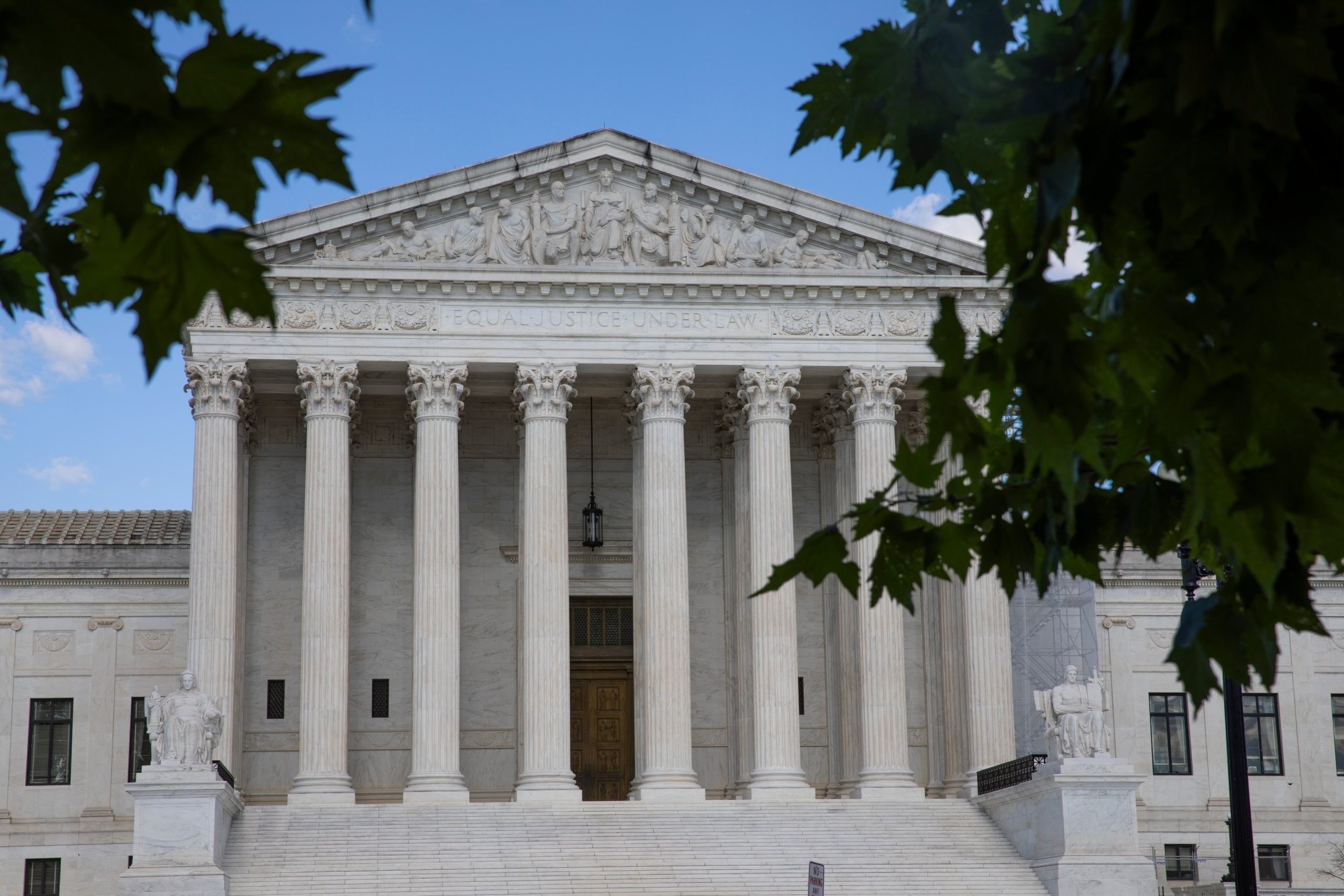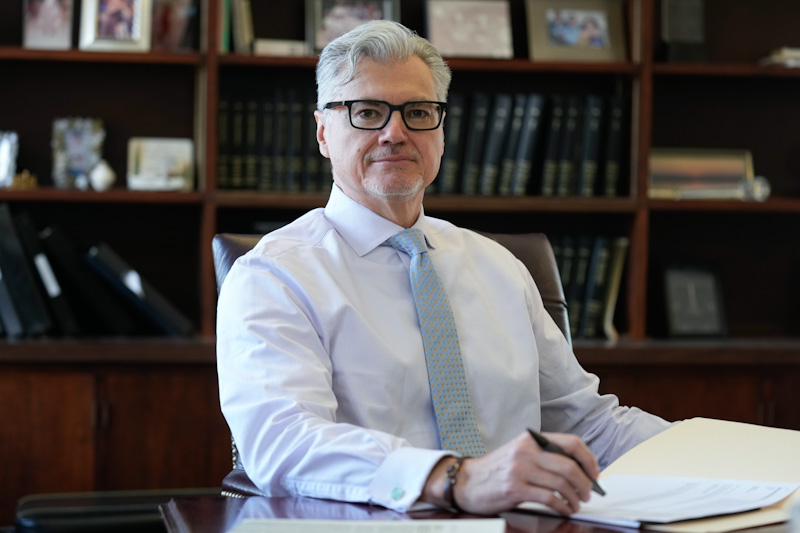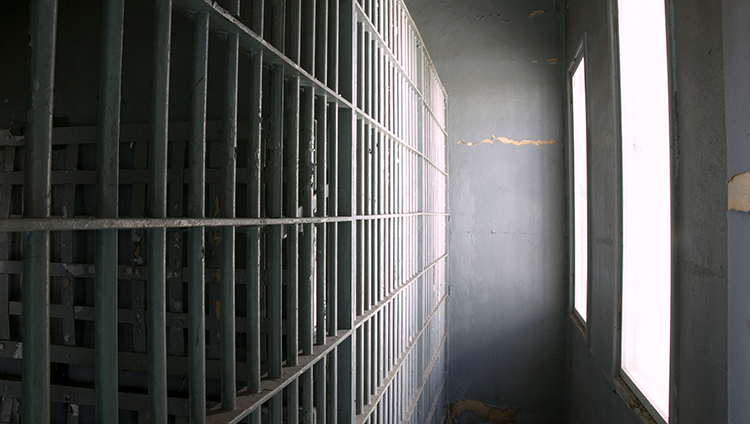How to deal with mental health issues in the law
By David S. D’Amato
I’ve spent most of my career as a lawyer in the legal industry, and also as a business administrator for law firms. I don’t fit the typical American lawyer or BigLaw business director demographic. I graduated from law in 2010, in the midst of one of the worst jobs markets in the last several decades. This was in the wake of a financial crises that led to widespread unemployment and wage stagnation. I was taught to work hard, never complain and to volunteer for more jobs, even if it meant staying late at the office or working weekends. The refrain “You’re fortunate to have the job” is still heard today, but in a different market. I would do anything to please my family. My whole personality was buried under inauthentic, fawning people-pleasing, saying yes regardless of the mental and emotional costs, adding projects and hours in the hope that it would make me feel like I belonged. My whole personality was buried under inauthentic, fawning people-pleasing, saying yes regardless of the mental and emotional costs, adding projects and hours in the hope that it would make me feel like I was accepted and belonged.
When you’ve been masking with all your might since you were a small child, you end up feeling incredibly lost, alone, alienated and afraid, unable to develop a clear picture of who you are. You constantly ask yourself whether you really know anything about your personality and values, creating a constant, unbearable sense of dread and extreme dysphoria.
But this kind of strenuous masking is a requirement for success in the corporate world if you are neurodivergent or struggle with mental illness. The expectation to be an extrovert and deliver consistent high performance created a sense of unrelenting feeling of being overwhelmed.
My mental health issues come with an acute sensitivity to rejection, but ironically, this has led to personal and professional habits that have made rejection seem almost inevitable: among them paralyzing perfectionism and rumination. It took me years and a near-fatal breakdown to realize that I was suffering from acute, life-threatening stress. I tried self-medicating to stop what had become hourly panic attacks. I spent many years talking to some of the top therapists in the country. No one could tell me how to diagnose me, or what pills to give me. The treatment programs and drug therapies that are commonly prescribed have not helped me and often made my symptoms worse. I started to have persistent, terrifying thoughts about how nice and peaceful it would be to not exist. In my mind, nothingness was a rest from constant anxiety, pain, and exhaustion. It looked like sleep and perfect, eternal peace. I was disappointed to wake up in the hospital. We hear a lot about a mental crisis these days, but we don’t really know what it means. So much of the information we would need to know is hidden behind our collective inability to change the social and institution structures that hurt us. It is in the untold stories and the pain we hide to save face. We all judge people with mental issues because that’s what we’ve been taught to do and because we believe that people who are capable, strong, and high-achieving should be able to overcome them. We also think that people with high credentials are not likely to have mental health problems. We are taught that we should measure our self-worth by degrees, credentials and job titles. Promotions and money and status are also important. There is no greater shame than being compared to high-achieving peers who earn a lot of money. Our culture is one that is toxic productivity and fixated on growth. Burnout and overwork are now a crisis, a plague that is responsible for millions of deaths each year. The prevailing economic and social paradigm seems to be more than just a bug, but rather a feature that causes deep feelings of loneliness and purposelessness. “Hopelessness is at epidemic levels,” with a growing number of Americans experiencing chronic depression and despair.
Credentialed “knowledge workers” like nothing more than to flex on social media, cultivating the appearance of a person who really cares and would help. But when push comes to shove, stigma remains the dominant and overriding fact and cultural mode, present in every conversation about mental health generally and suicide in particular.
Our glorification of powering through challenges without taking time to recover or assess underlying issues is a maladaptive response to chronic stress and exhaustion. It perpetuates the worst aspects of hustle culture by ignoring the structural and systemic factors that have led us here, isolating people by making us think that everything comes down to our choices.
I’ve had several people, including colleagues, friends and family members, suggest or state outright that mental health issues are not a real disability or even a genuine health issue–at least not as real as physical health issues–notwithstanding the fact that we have known for decades that mental health issues have a real and tangible impact on physical health, and that the brain is indeed an organ and part of the body.
After my suicide attempt, the first thing I heard from those closest to me was: “So when are you getting back in the saddle?” and “I know you can do better–just try harder!” One of my closest family members even encouraged me to end my life. Only my productivity mattered.
Much of the resilience discourse and the practices that we have adopted in the corporate world have become completely toxic. Our culture teaches that people who struggle with mental health issues are weak and should try harder. The message is still the same: No one’s looking. It’s your responsibility to keep pushing.
David S. D’Amato is an attorney, a businessman and an author of popular and scholarly articles. His writing has appeared in the Hill, Forbes, Newsweek, Investor’s Business Daily, RealClearPolitics, the Washington Examiner and many other publications, and his work has been cited by the American Civil Liberties Union and Human Rights Watch, among others.
ABAJournal.com is accepting queries for original, thoughtful, nonpromotional articles and commentary by unpaid contributors to run in the Your Voice section. Details and submission guidelines can be found at “Your Submissions Your Voice.”






